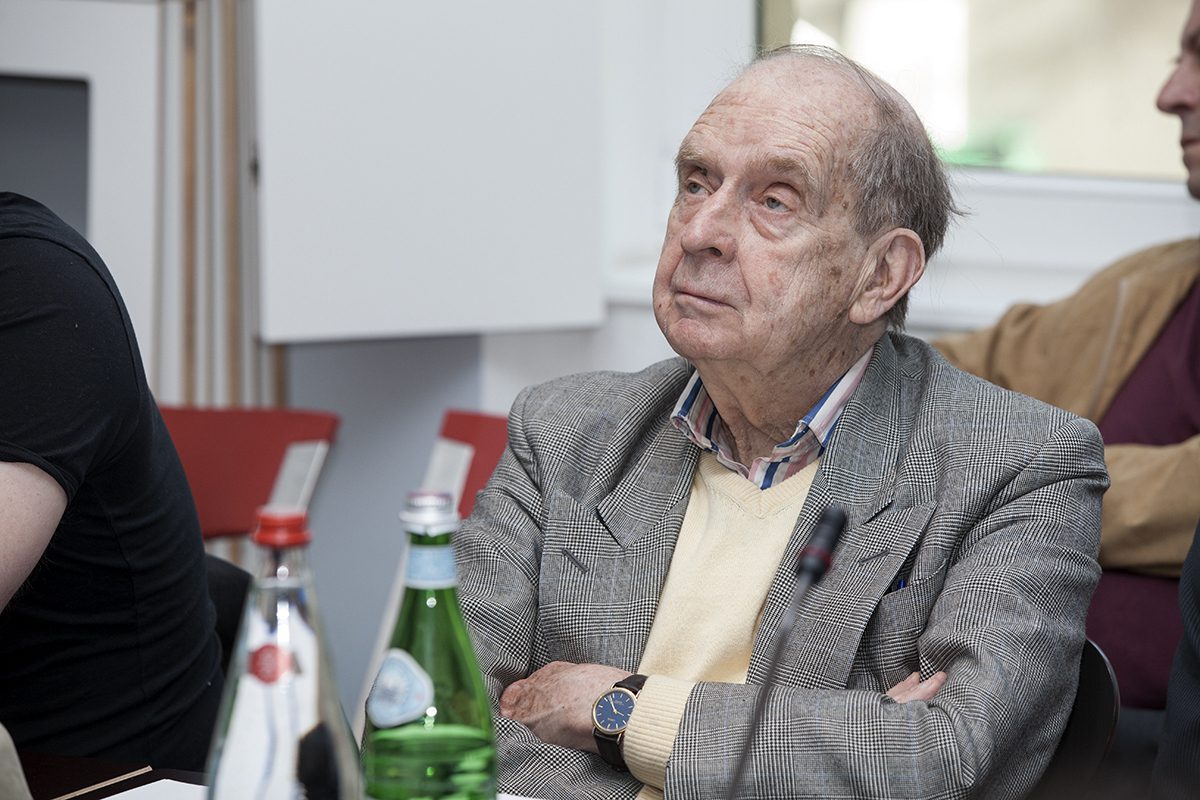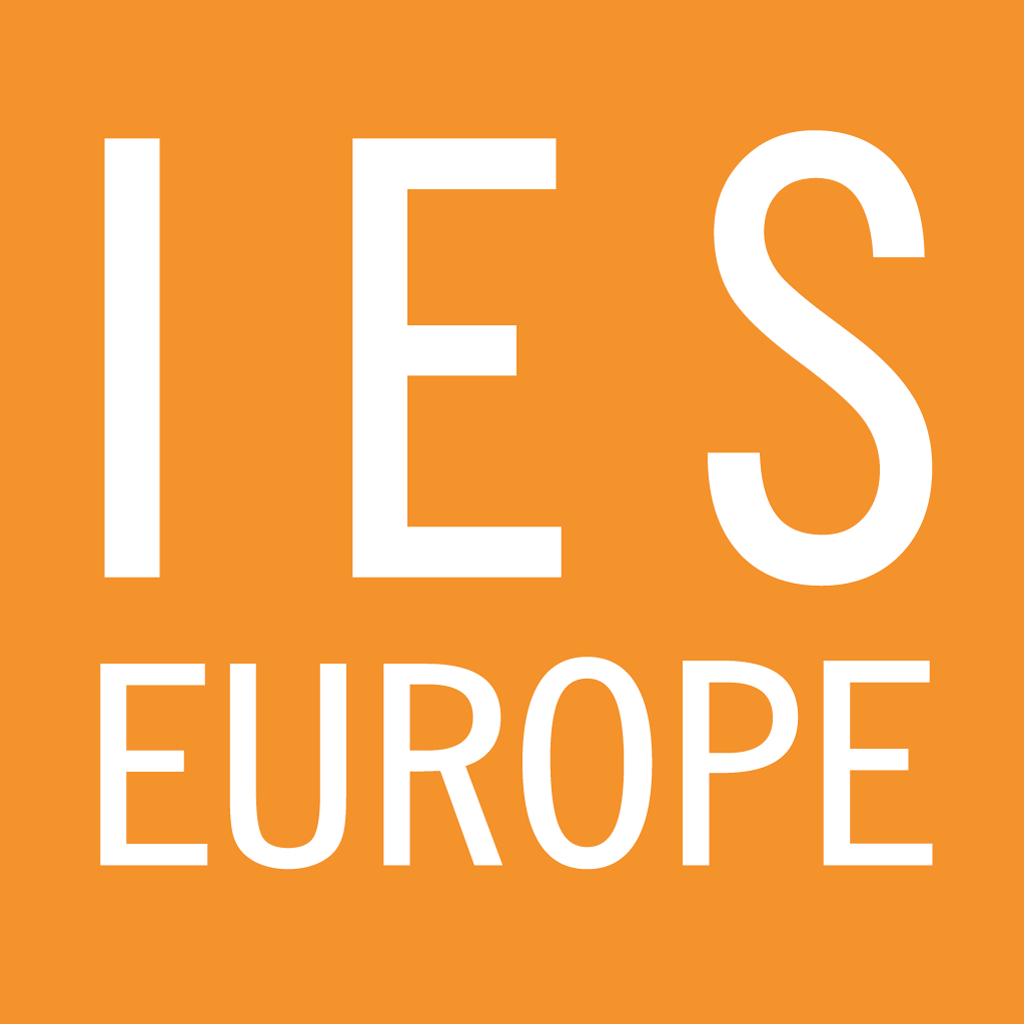The Reading Group aims to strengthen interest in and understanding of classical liberal literature. The exercise, which has taken place on an annual basis since 2015, is an appreciated part of our educational program. This summer Timbro and Svensk Tidskrift will arrange a special online summer edition that will take place June 10 – July 8. Registration is now open.
More details at
https://timbro.se/utbildningar/classical-liberal-reading-group/
Christianity → Liberalism
In his book Inventing the Individual: The Origins of Western Liberalism (2014, paperback 2017), Larry Siedentop argues that modern Western liberalism is the child of Christianity. That is, the Christian understandings and intuitions that evolved overtime were a necessary condition to the liberalism that emerged in the 1600s and 1700s.

The story covers the ancient world up to the Renaissance. Siedentop says that by the time of the Renaissance Christianity’s intuitions had been well formed and well established, opening the way for liberal developments. Even when it turned against the clerics, Western civilization was swimming in Christian ways of understanding.
If the Christianity of Paul, St. Augustine, and others eventually gave birth to liberalism, why did it take 1000+ years? Siedentop narrates those 1000+ years. A single step in the process could take centuries. So much had to change. From the point of view of the ancient world, the ethic of universality and the emphasis on the individual would be a great revolution.
Siedentop highlights the following themes in Christianity: The personal relationship with God, moral equality before God, universality and universal benevolence, the conscience and its potential independence from any single social influence, the human being as essentially an individual soul, the invention of the individual, the centrality of the will, choice as an integral element of religious conviction, the distinction between the spiritual or divine realm and the practices and institutions of the temporal realm, jural integration and sovereignty, the individual as the unit of subjection, the rights of the individual, the duty of government to respect those rights.
Online Schedule 2020 (CET)
- 1st meeting: June 10, 5.00 – 6.30 PM
- 2nd meeting: June 17, 5.00 – 6.30 PM
- 3rd meeting: June 24, 5.00 – 6.30 PM
- 4th meeting: July 1, 5.00 – 6.30 PM
- 5th meeting: July 8, 5.00 – 6.30 PM
All the seminars will be held online. Links and further instructions for following the sessions will be distributed to those who register.
Disposition
The 27 chapters of Siedentop’s book will be treated in five sessions. In each session, the format will be:
- Klein summarizes a chapter
- Comments and questions for a few minutes
- Klein proceeds to summarize the next chapter, etc.
Much of the session, then, will be Klein summarizing the Siedentop material (as opposed to just open discussion).
Below are provided links to videos about religion and church history, videos created by Ryan Reeves.
Wednesday June 10:
- Prologue and Chapters 1-6: Pages 1-78.
- Related Ryan Reeves videos: Roman Pagan Life and Worship, Early Christian Persecution, Christian Apologists and Early Heresies, Gnosticism and the Early Church, Arius and Nicea, After Nicea
Wednesday June 17:
- Chapters 7-11: Pages 79-150.
- Related Ryan Reeves videos: Constantine the Great, Monasticism, Augustine (Part 1), Augustine (Part 2), Ambrose and Jerome, The Merovingians
Wednesday June 24:
- Chapters 12-16: Pages 151-221.
- Related Ryan Reeves videos: Who Was Charlemagne?, Knights and Chivalry, Bernard of Clairvaux
Wednesday July 1:
- Chapters 17-21: Pages 225-292.
- Related Ryan Reeves videos: Abelard on the Cross, Abelard on the Trinity, Medieval Overview, Medieval Life, Death, and Marriage, Medieval Life: Estates of the Realm, Byzantine Christian Empire (Part 1), Byzantine Christian Empire (Part 2)
Wednesday July 8:
- Chapters 22-25 and Epilogue: Pages 293-363.
- Related Ryan Reeves videos: Thomas Aquinas (part 1), Thomas Aquinas (part 2), Duns Scotus, William of Ockham, Papal Schism, Avignon Papacy John Wycliffe, Jan Hus, Humanism
Apply
The reading group is open to all. Contact Björn Hasselgren if you have any questions about the Reading Group Online Summer Edition, bjorn.hasselgren@timbro.se, +46-70-7623316. If you are interested in participating and want to obtain the books, write an email to Björn and describe your background and tell him why you would like to take part of the exercise. Apply by June 5.
Professor Daniel Klein, who will lead the Reading Group, is also available by email dklein@gmu.ed






